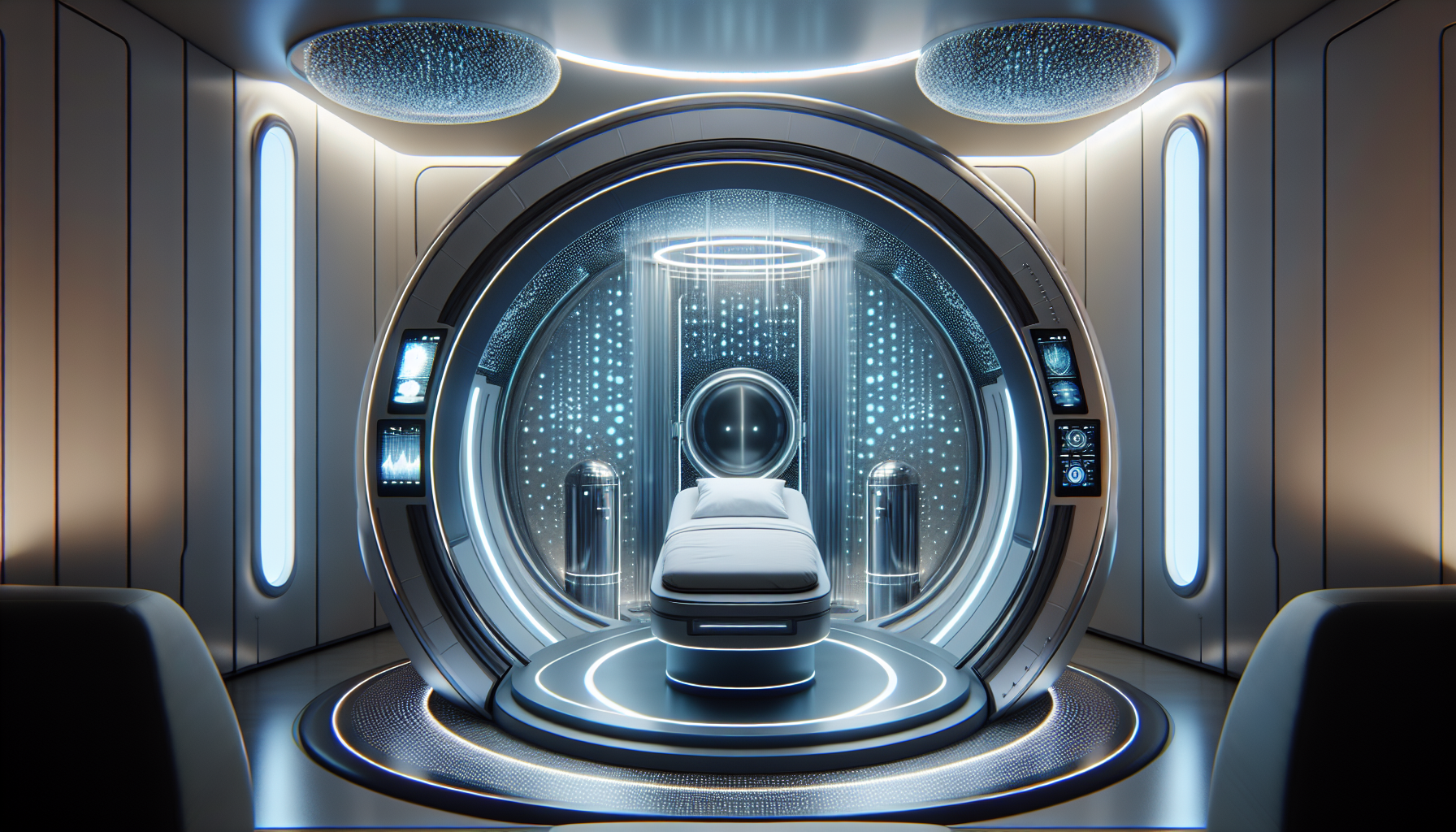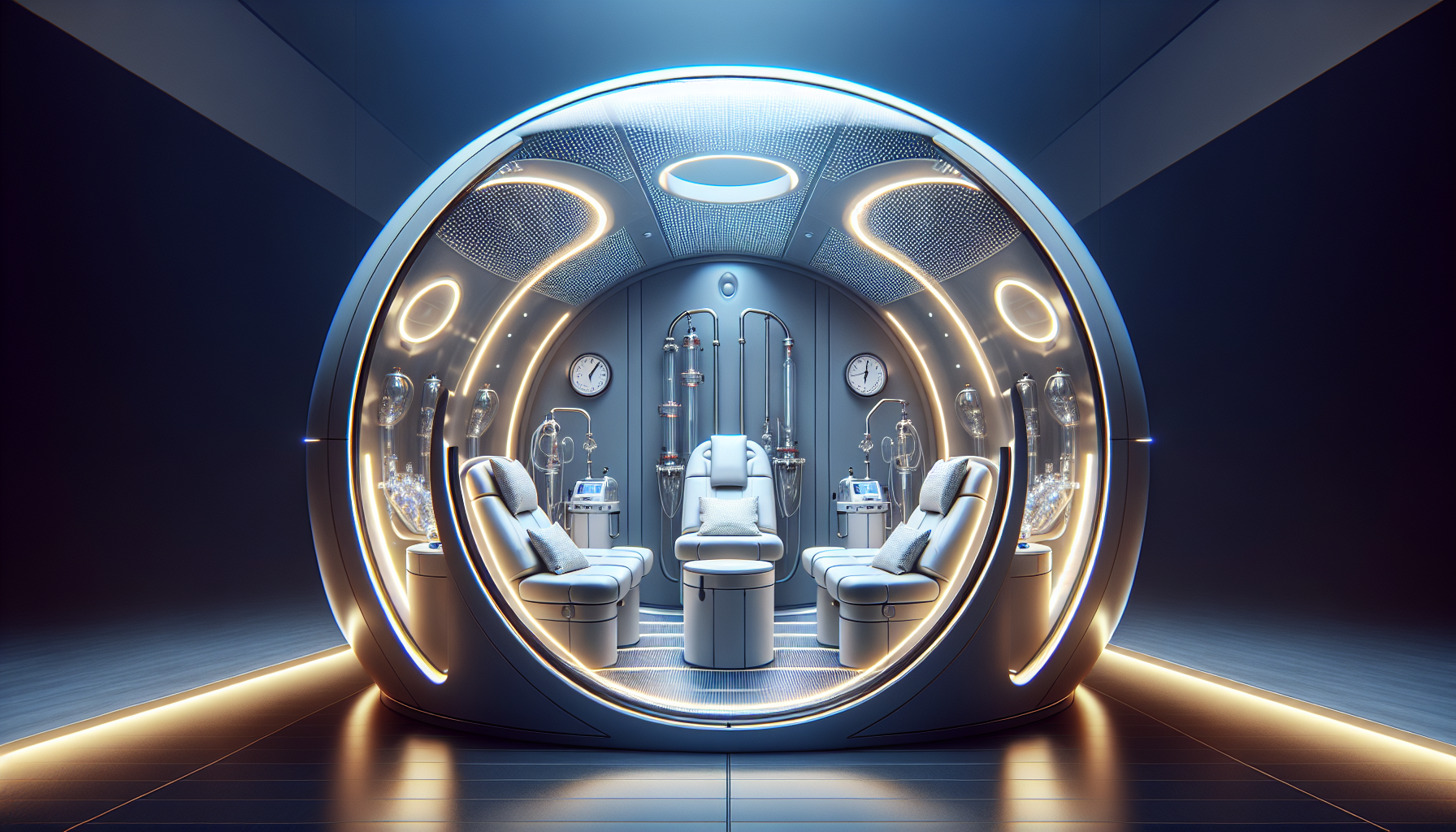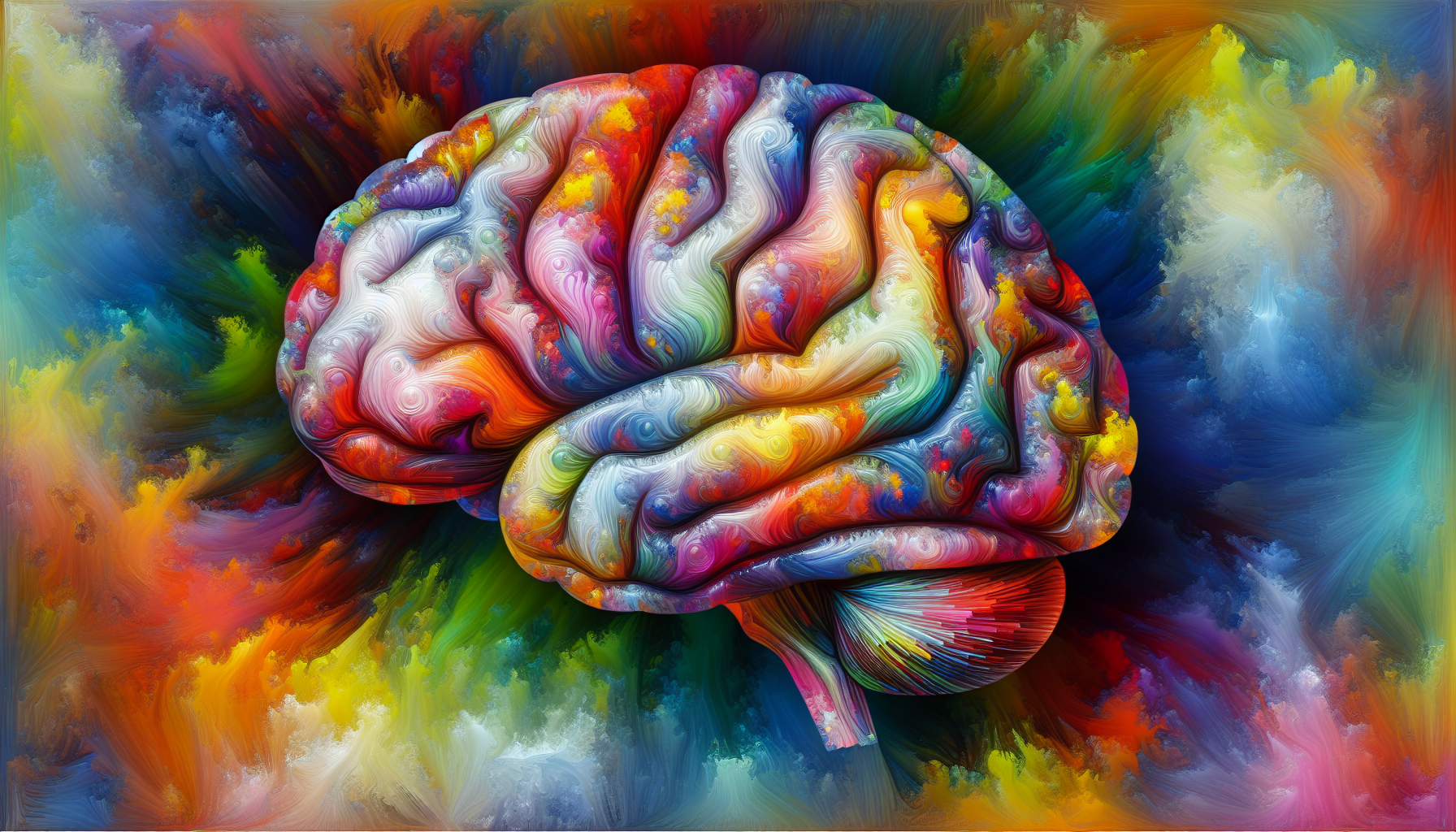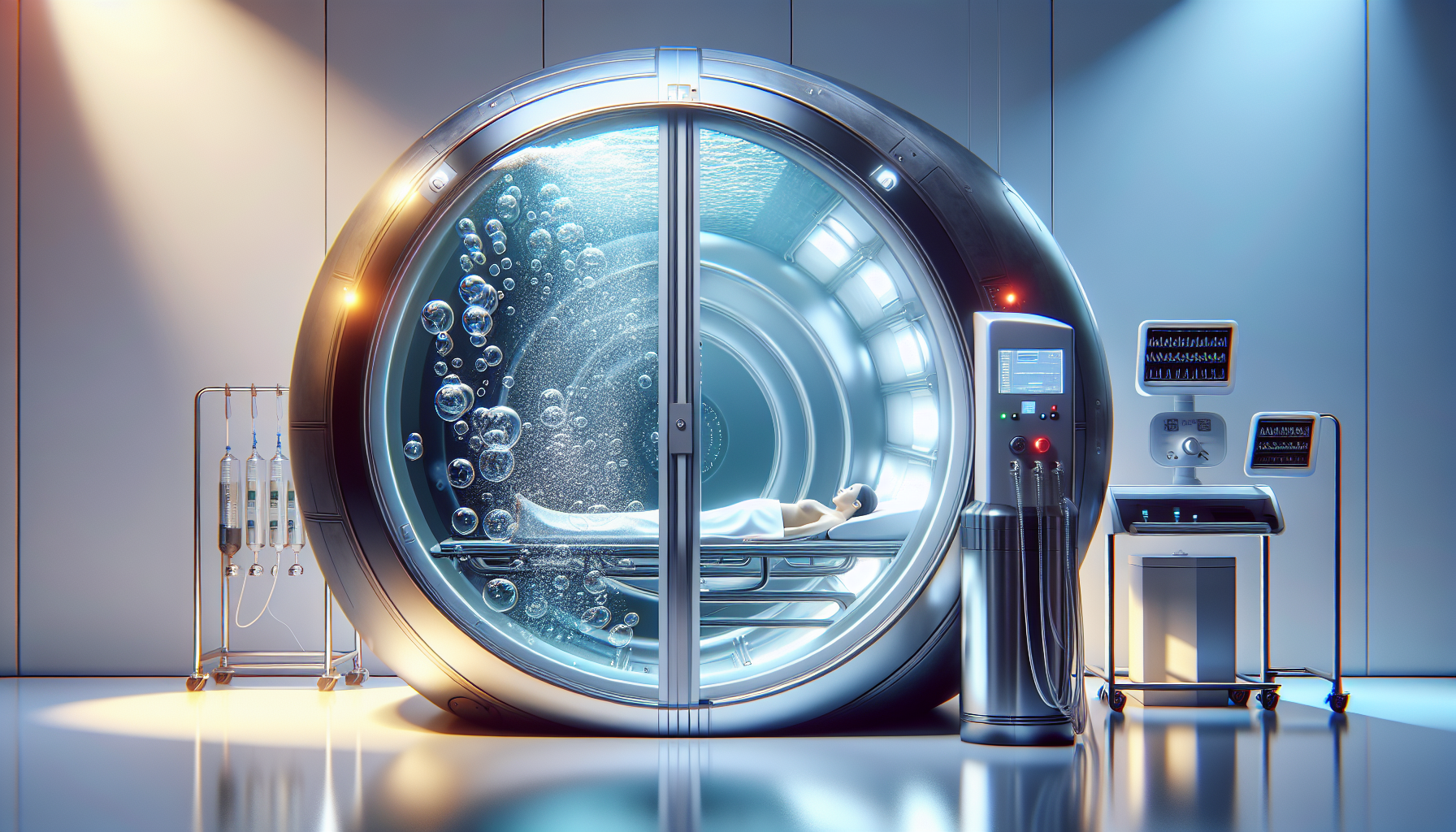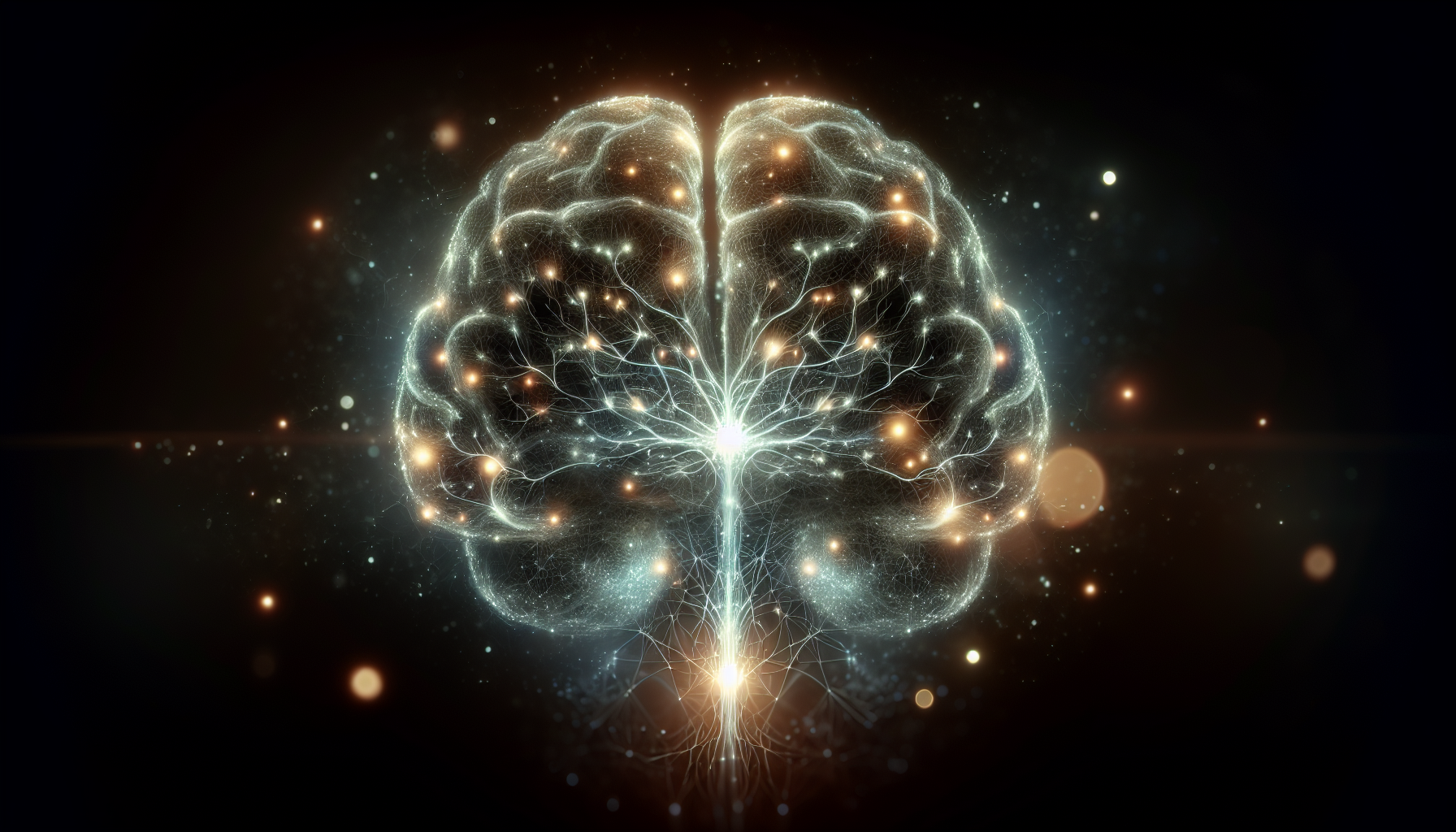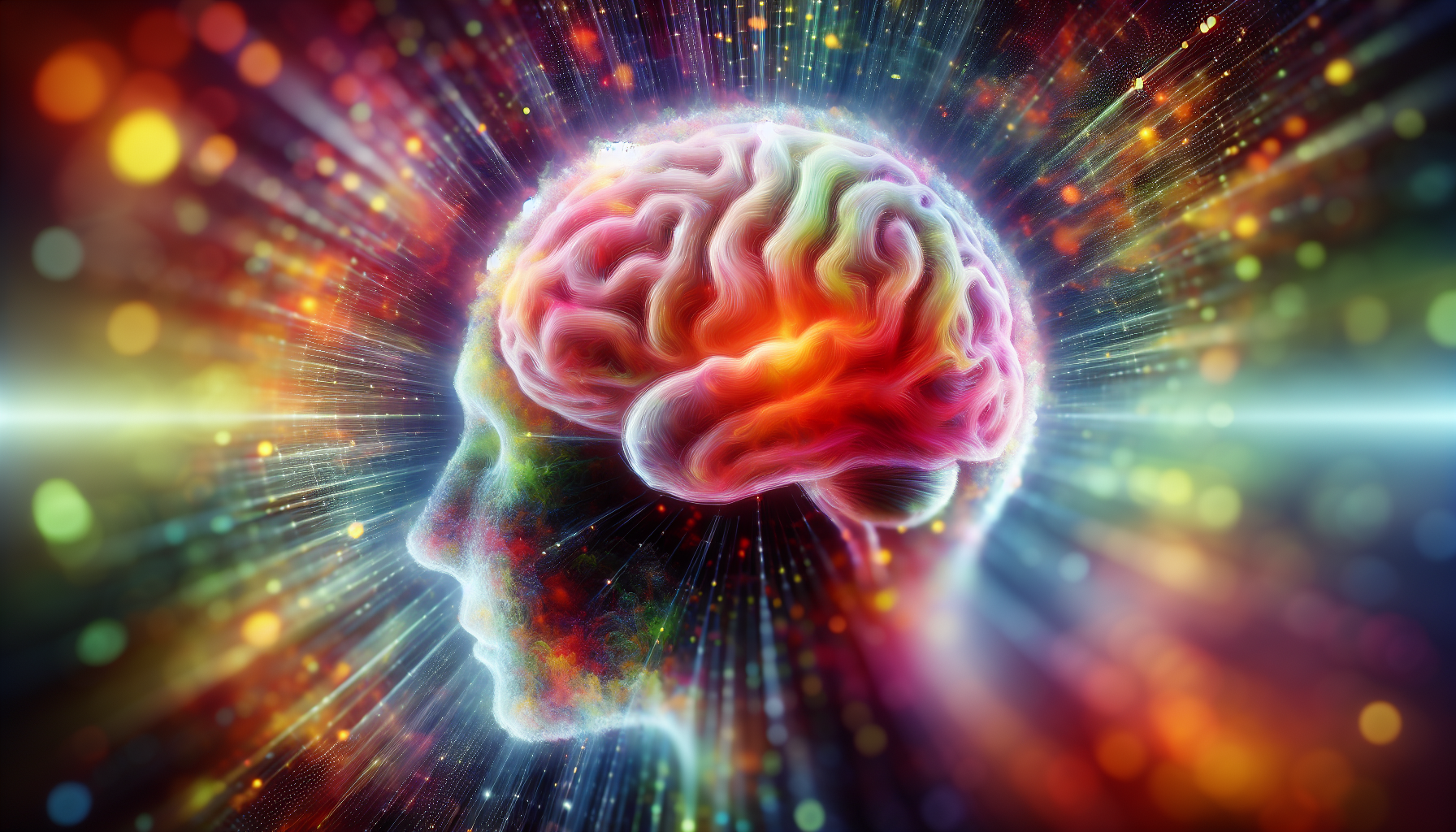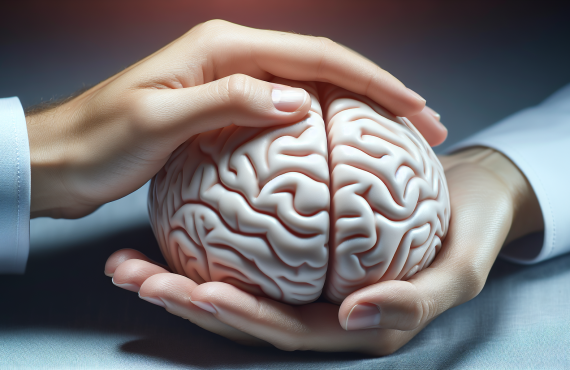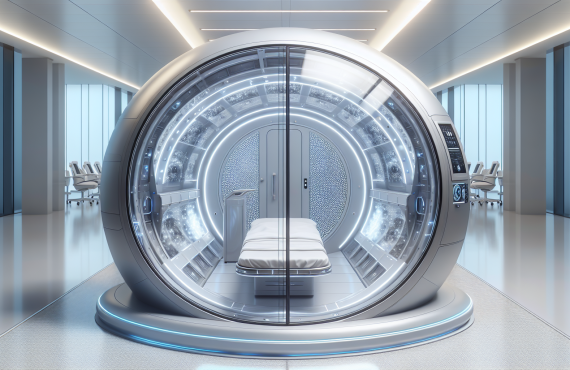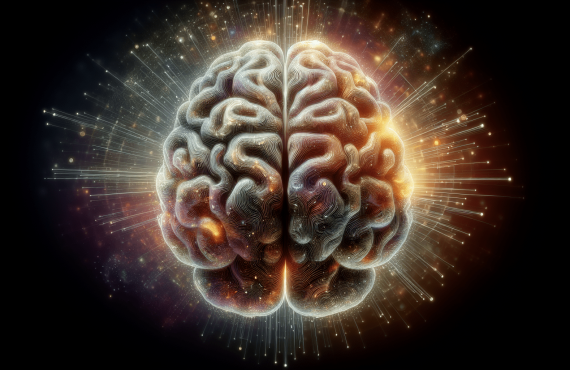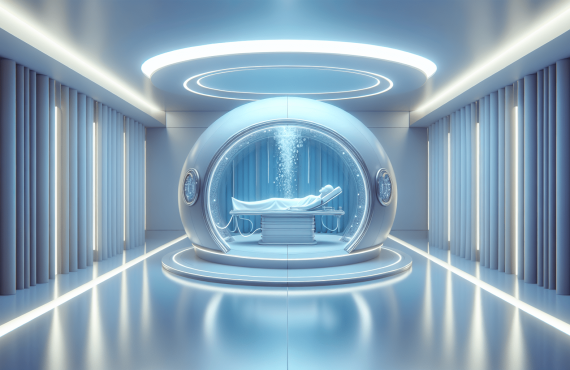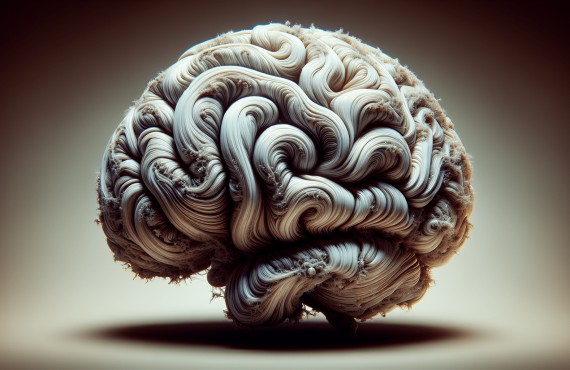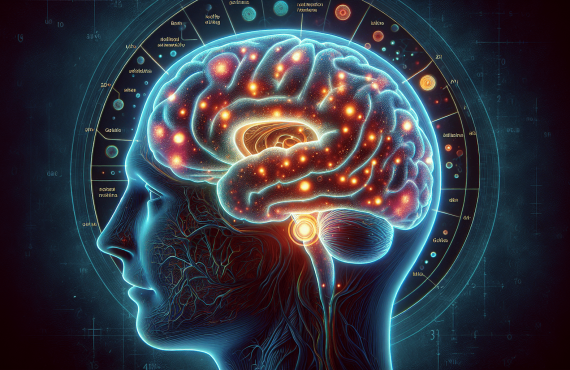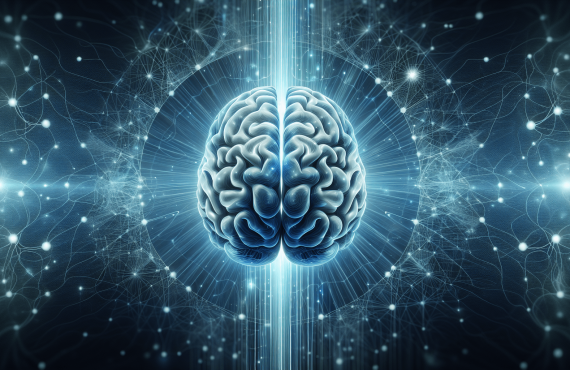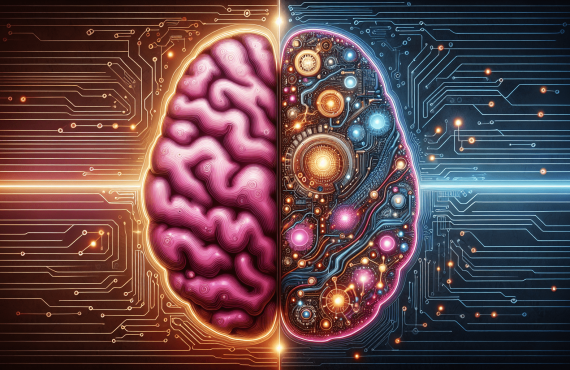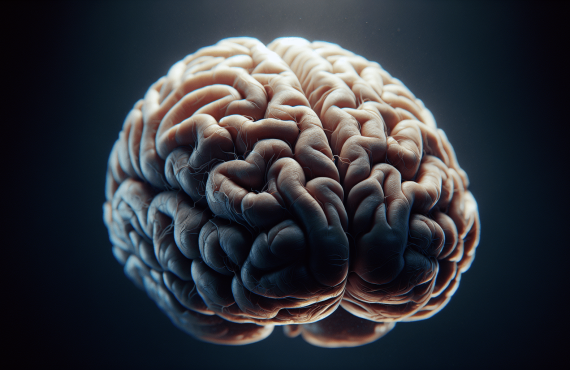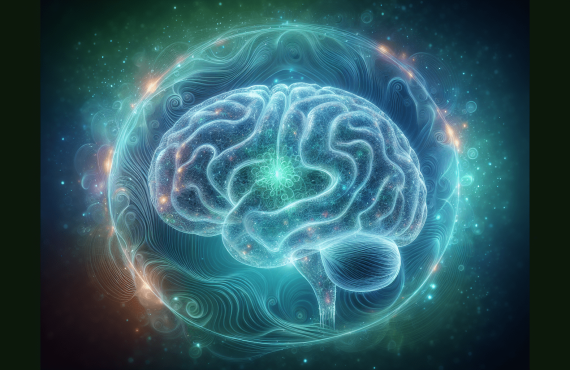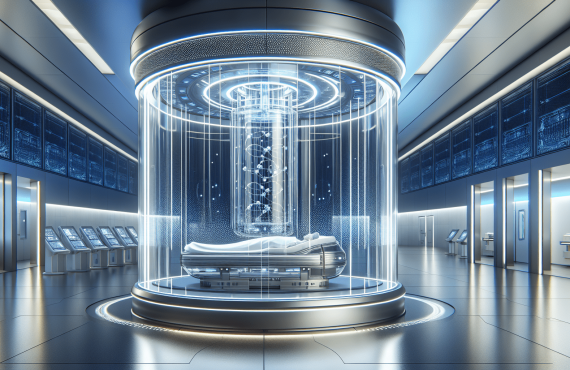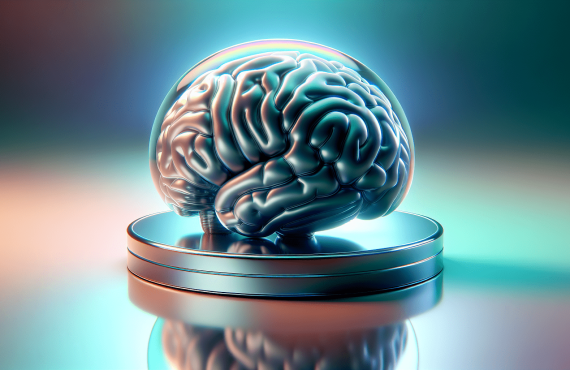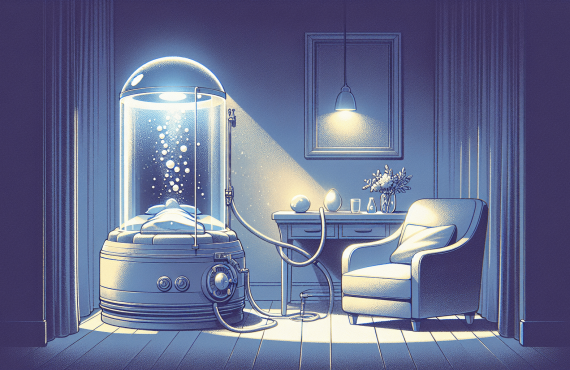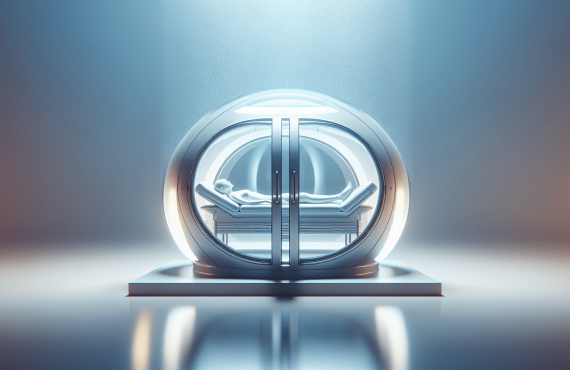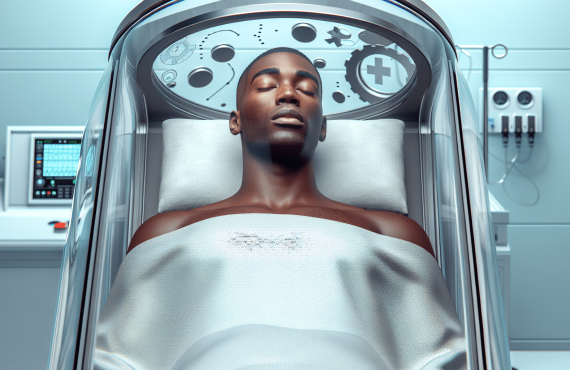Have you ever wondered about the possibility of recovering from brain damage caused by a lack of oxygen? This topic might sound daunting at first, but it’s crucial to understand, especially if you or a loved one is affected by it. Brain damage from a lack of oxygen, known as hypoxic brain injury, can have serious implications, but there are avenues and treatments that offer hope for recovery.
Table of Contents
Understanding Hypoxic Brain Injury
Hypoxic brain injury occurs when the brain doesn’t receive enough oxygen. This can happen due to several reasons such as cardiac arrest, respiratory failure, or drowning. The brain’s cells start to die after just a few minutes without oxygen, leading to potential long-term damage.
Causes of Hypoxic Brain Injury
Knowing the causes can help you understand how to prevent such injuries. Situations that lead to oxygen deprivation include:
- Cardiac Arrest: The heart stops beating, halting oxygen-rich blood circulation.
- Choking or Drowning: Blockage of airways prevents oxygen intake.
- Stroke: A blocked or burst blood vessel in the brain interrupts blood flow.
- Severe Asthma Attack: Airways narrow and restrict oxygen flow.
Symptoms to Be Aware Of
Symptoms of hypoxic brain injury vary based on severity but often include:
- Cognitive challenges such as memory loss
- Physical symptoms like coordination issues
- Emotional changes, including mood swings
The Recovery Potential
Recovery from brain damage due to lack of oxygen largely depends on factors such as the severity of the injury, the area of the brain affected, and the speed at which treatment begins.
Brain Plasticity
Our brains possess a remarkable quality known as plasticity. This means the brain can reorganize itself by forming new connections. This ability plays a critical role in recovery, allowing other parts of the brain to take over functions from damaged areas.
Treatment Approaches
Several treatment methods can aid in recovery and improve outcomes:
Hyperbaric Oxygen Therapy (HBOT)
Hyperbaric Oxygen Therapy involves breathing pure oxygen in a specialized chamber under increased pressure. This method floods your bloodstream with oxygen, promoting healing, reducing inflammation, and encouraging new blood vessel growth.
How It Works:
Normally, your lungs extract oxygen that dissolves in your blood. In HBOT, higher pressures increase the amount of oxygen dissolved in your plasma, improving delivery to affected tissues.
Benefits:
- Enhances brain recovery
- Reduces swelling
- Supports tissue repair
Rehabilitation Strategies
Rehabilitation is a cornerstone of recovery. It includes physical, occupational, and speech therapy tailored to address specific impairments experienced by the individual.
Physical Therapy
Aims to improve mobility and strength, focusing on regaining control over physical movements.
Occupational Therapy
Helps individuals adapt to daily tasks, improving overall independence and quality of life.
Speech Therapy
Addresses communication challenges, helping rebuild language skills and aiding cognitive recovery.
Dietary and Lifestyle Adjustments
Making mindful dietary and lifestyle adjustments can further support recovery. A balanced diet rich in antioxidants and omega-3 fatty acids can enhance brain health. Regular physical exercise also plays a pivotal role in maximizing recovery potential.

It Takes a Team
Recovery is a journey, often involving a team of healthcare professionals including neurologists, physiotherapists, and dietitians. Each plays a part in developing a personalized rehabilitation plan that enhances the chances of a successful recovery.
FAQs About Brain Damage Recovery
To address common concerns, here are some frequently asked questions with answers:
1. Can brain damage from lack of oxygen completely heal?
Complete recovery is rare, but significant improvements are possible. The extent largely depends on the severity of the initial injury and the interventions used.
2. How soon should treatment for brain damage start?
Immediate medical intervention improves the chances of recovery. The earlier the treatment starts, the better the potential outcomes.
3. Is HBOT effective for everyone with brain damage due to lack of oxygen?
While HBOT shows promise, its effectiveness varies from person to person. Discuss with your healthcare provider to see if it’s suitable for your situation.
4. Can lifestyle changes impact recovery from brain damage?
Yes, incorporating a healthy diet, regular exercise, and mental stimulation can significantly support the recovery process.
5. Are there long-term effects of brain damage from oxygen deprivation?
Long-term effects depend on the injury’s severity and response to treatment. Some individuals may experience ongoing challenges, while others might recover most function.

Final Thoughts
Recovery from brain damage due to lack of oxygen may seem overwhelming, but with modern advancements and a supportive team, there is hope. Exploring options like Hyperbaric Oxygen Therapy and accessing rehabilitation services are viable steps towards healing.
Should you have more concerns or seek treatments tailored to your needs, consider reaching out to professionals who can offer guidance and support. If in Pensacola or nearby, Dr. Craig Henry and Dr. Aaron Hixon at Henry Chiropractic can assist with expert chiropractic care, working to improve your health and wellness. Visit them at 1823 N 9th Ave, Pensacola, FL 32503, or call them at (850) 435-7777, and explore their offerings at drcraighenry.com. The path to recovery begins with just one step, and while it’s a challenging journey, it’s one worth taking.






